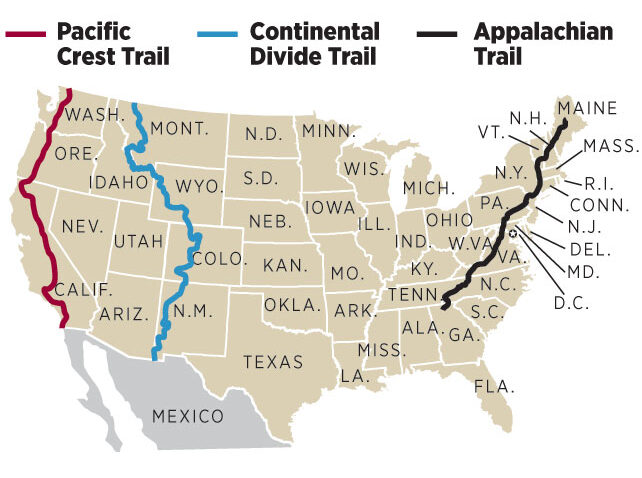
Genesis
Steve cares so much about this issue because it has impacted his family. About 20 years ago, his brother was formally diagnosed with Lyme disease, but within 24 hrs the diagnosis was rescinded because hospital administration said they were “not allowed” to render a diagnosis of Lyme in Michigan at the time.
Given this, Steve’s brother was neglected of treatment and has suffered ever since. He is debilitated now, and unable to spend more than a half-hour on his feet without being cooped up for several days with terrible joint inflammation.
But that is not the only person he knows with Lyme. In 2016, his friend’s daughter randomly fell ill and was taken to the hospital. At first they said it was nothing, but with continued symptoms she returned to the hospital 2 more times before finally receiving a proper diagnosis. She had contracted Rocky Mountain Spotted Fever, the first case in Michigan in a decade.
It was inconceivable to him that a little girl was playing in her backyard and almost died. He felt he had to do something.
Ticks are one of the top threats to people who go outdoors
Steve

Prevention Is Key
That is why he is embarking on this trip. While ticks are a threat, Steve feels that they should not be used as a reason to avoid going outside. He actually feels the opposite. Knowing that they are a threat and treating them as such can be very useful in preventing disease and still being able to enjoy the great outdoors.
He hopes to use this trek as an educational tool to help people take better preventative steps and find ways to enjoy the outdoors safely. Steve said when he last hiked the Pacific Crest Trail in 2019, he never felt more alive and invigorated and he hopes others can experience the same.
I used Project Lyme website, I became so much more educated and I am really grateful
Steve
Steve has found many useful tips on how to prevent tick-borne disease on the project Lyme website. As a thru-hiker, he sleeps in tents and treks over long distances for long periods of time. So preventing bites is key. See below for some important prevention tips:
1. Be Aware Of Your Surroundings
Ticks can be in woods, scrublands, tall grass, brushy areas, piles of leaf litter, and even on rocks or concrete.
2. Use Tick Repellant on Exposed Skin
There are a variety of natural and chemical- based repellents that can be used to prevent bites.
3. Treat Outdoor Clothing and Equipment With Permethrin
Permethrin can be applied to camping equipment, clothing, and footwear to help protect against ticks.
4. Use a Tick Mitt
Loose ticks can still end up on your clothing or body. Using Tick Mitt’s microfiber technology can help to gather and remove them.
5. Perform Head-to-Toe Tick Checks
Even following all the steps, you may still get a tick bite. It is important to check your body for ticks.
Follow His Journey
Steve begins his trek with the Pacific Crest trail on April 12th, 2024. He will share updates from the trail by posting videos on Project Lyme and his own channel, @humbledforgood. We encourage you to follow along to learn more!




